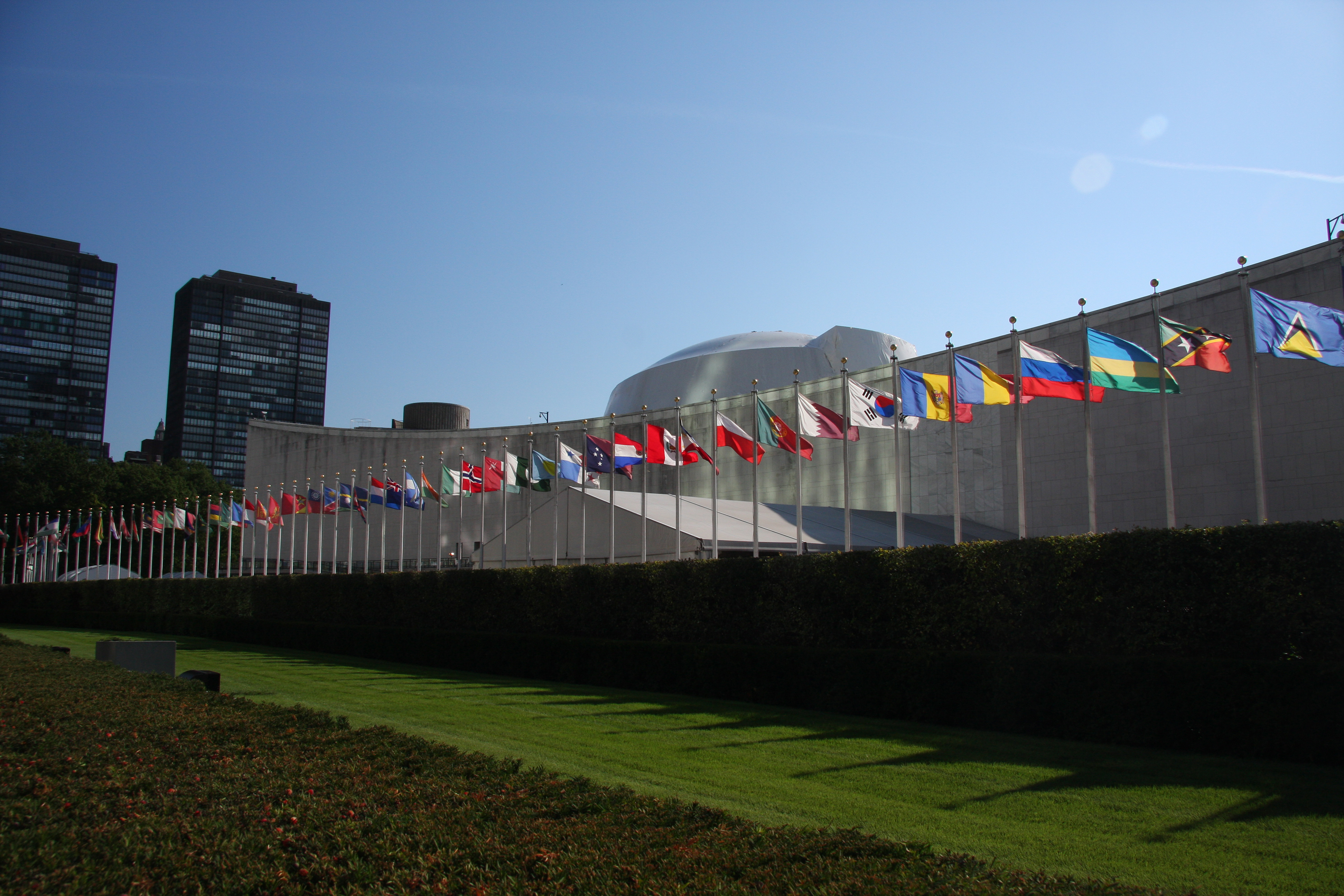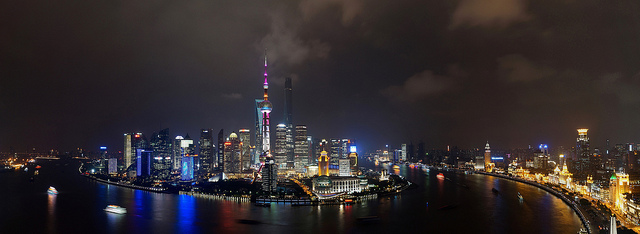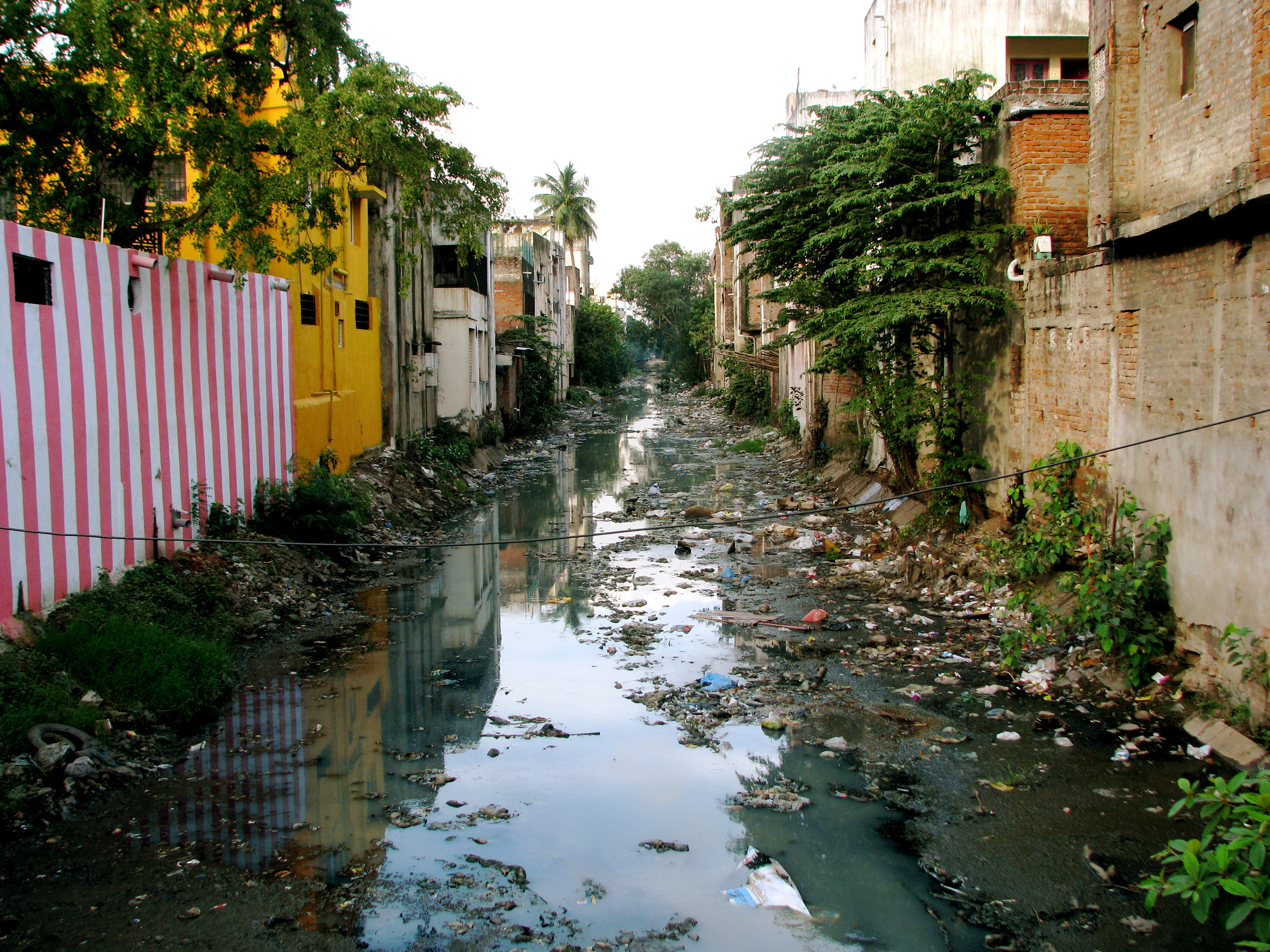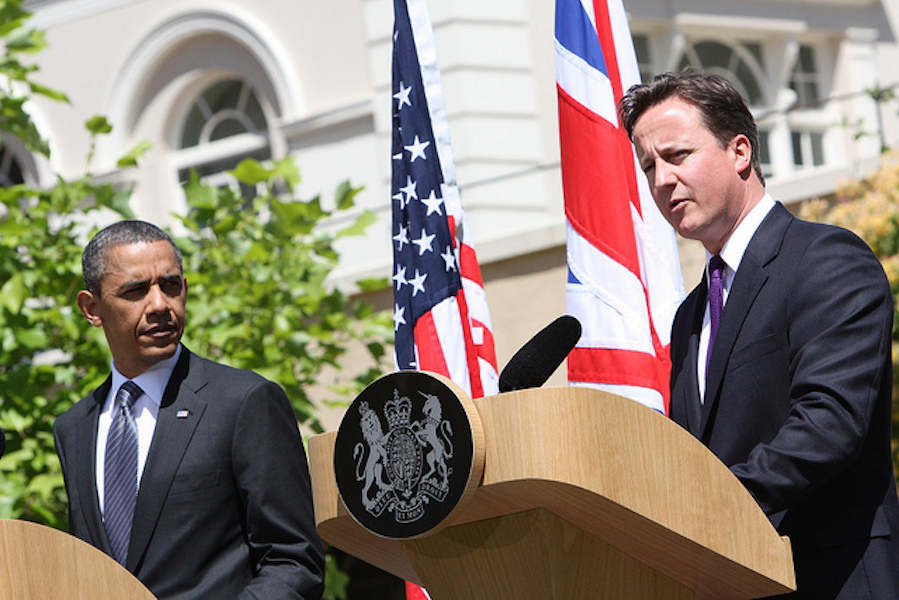In recent years, the UN has come under scrutiny for its ineffectiveness in responding to the world’s many security challenges. As I’ve discussed elsewhere, the composition of its preeminent decision-making body, the permanent Security Council (P-5), was forged in the aftermath of the Second World War and no longer reflects how power has since been redistributed among states. This has led to major representation problems, democratic deficits, and impediments to the Council’s ability to bring about positive change. In response to this problem, several recommendations for Security Council reform have been advanced.
For over a decade, former UN Secretary General Kofi Annan has been an outspoken advocate for Security Council reform. Since leaving his post, he has repeatedly called upon the P-5 members to prevent self-interests and disagreements from blocking much needed UN action, and to pay more attention to the needs of member states that are most affected by the Council’s decisions. In 2004, in collaboration with the High-level Panel on Threats, Challenges and Change, Annan developed two model blueprints for reform of the Council that attempted to break the stalemate and properly accommodate today’s security issues. Neither model calls for any modifications of the Council’s existing powers, since there is likely no feasible way to gain the consensus needed to make such changes to the UN Charter.
The first model for reform calls for the addition of six permanent seats to the Security Council without veto power. Three new non-permanent seats with two-year terms would also be included. In this model, members elected to the non-permanent seats would be non-renewable, meaning that the elected member would not be eligible to assume the seat for consecutive terms. With this model, regional representation is expanded, and shorter terms for the non-permanent seats contribute to a better democratic process.
The second model would not involve the inclusion of any new permanent seats. Rather, two-year non-permanent seats would be added to the Council and distributed according to regional areas, and a new category of eight seats that are renewable every four years. The members elected to the renewable seats would be entitled to remain in their positions as long as they have maintained the trust and confidence of the other member states. This way, the Council would be more representative of today’s global power structure.
A variety of regional and economic blocs have also presented some compelling suggestions for reorganization of the Council. The G4, a group consisting of Brazil, Japan, Germany, and India, has called for its inclusion as new permanent members, plus the addition of two permanent seats for African states. The main goal of this plan is for an expansion of the Council’s representation, both economically and regionally. As states that have become major economic powers, their inclusion would allow some of the largest financial contributors to both the UN and the global economy to have their voices heard.
A group of countries known as the Uniting for Consensus movement has suggested expanding the Council to 20 elected members, each serving for a two-year term, in addition to the P-5. This proposed model allocates six of these seats for Africa, five for Asia, four for Latin America and the Caribbean, three for Western Europe and other regions, and two for Eastern Europe. In this system, each geographical region will have the power to decide how to choose its representative, whether it’s through an election or a rotation of members. This type of elected system guarantees a democratic selection of member states to assume roles in the Council, and gives member states a greater hand in choosing the regional representative that will best speak for their needs.
The final major call for reform comes from the African Union (AU) under the Ezulwini Consensus, which aims to secure more regional participation in the Council. The proposal recommends the inclusion of at least two permanent seats on the Council for African states, with the AU being responsible for deciding which states assume those positions. While the AU is not in support of the veto power, it believes that it should be given to any new permanent members to ensure fairness as long as it exists. As the regional bloc with the most UN member states, representation for the continent is crucial. Increasing the presence of African states in the Council would provide a much needed advocate for the continent’s say in security and humanitarian matters.
The volume of suggestions for reform indicates that the will to make changes for a better Security Council is palpable. The key factor required for any progress towards reform, however, is the P-5’s approval. It remains to be seen whether or not the current permanent members will embrace change.




